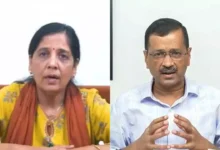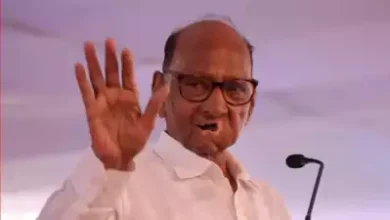Hyderabad: Healthcare experts dispute the timeliness of the Lancet report
Hyderabad: Medical professionals have called it an electoral gimmick and questioned the timing of an international health magazine that questioned the Indian government’s expenditure on healthcare in the nation.

The worldwide magazine Lancet has drawn attention to the significant out-of-pocket costs that still burden people and the meager 1.2% GDP that the government spends on health care.
It has questioned why the Indian government is so reluctant to reveal the true health situation. More significantly, it asks how the government plans to gauge advancement in the absence of data. While some experts have questioned the modest cost, others have questioned the journal’s timing in relation to the election.
According to Dr. Kiran Madhala of the Indian Medical Association’s Telangana Chapter, India spent 1.1% of GDP on health care, which is less than the global average of 5.8% of GDP. India was rated 140th out of 190 nations in this regard.
According to him, 20–28% of ailments in India go untreated because of a lack of funding, while 30–40% of inpatient treatment in the country was funded by loans and the sale of real estate.
All people have the freedom to inquire, but one shouldn’t believe Lancet, according to pediatrician Dr. Madap Karuna and senior consultant from EMRI Green Health Services. “Everything is sold out. Please never let politics overshadow health concerns. The average guy was clueless. The medical community should be encouraged by Lancet to publish research findings in real time.
It could be helpful for providing input on how to enhance health, particularly for those with lower socioeconomic level. They are not acting in a professional manner. Not Lancet, but Indian politicians have the right to speak,” Dr. Karuna said. According to Dr. G Srinivas, vice chairman of the Telangana State Medical Council, this seems to be an electoral prank. Nonetheless, he said that the budget’s health expenditures need to account for more than 5% of GDP. “Governments are expanding medical schools, but they are not giving basic healthcare any thought.
In order to improve rural health and expand PHCs, the Indian government should provide more funds, which would also reduce quackery. While tertiary care is excellent, basic healthcare could also be enhanced by raising funding from 5% to 7%, according to Dr. Srinivas.






